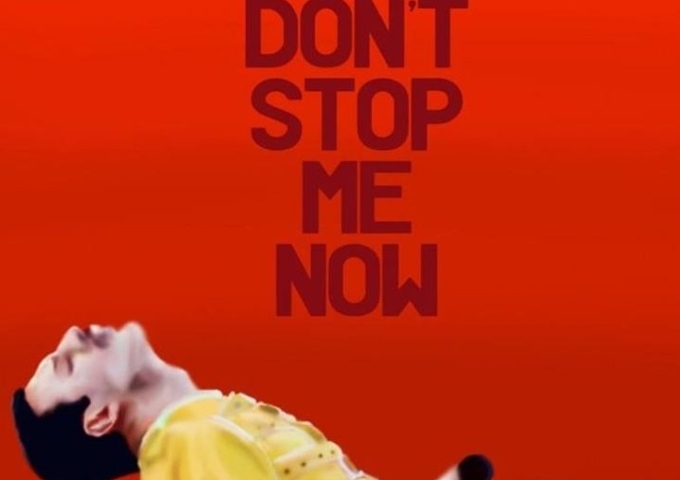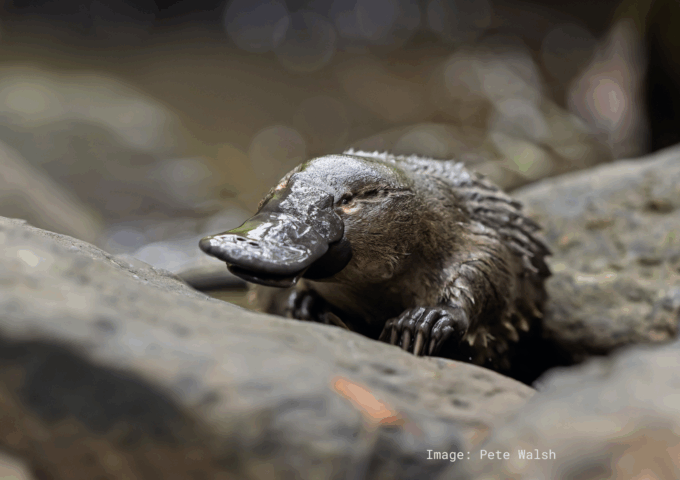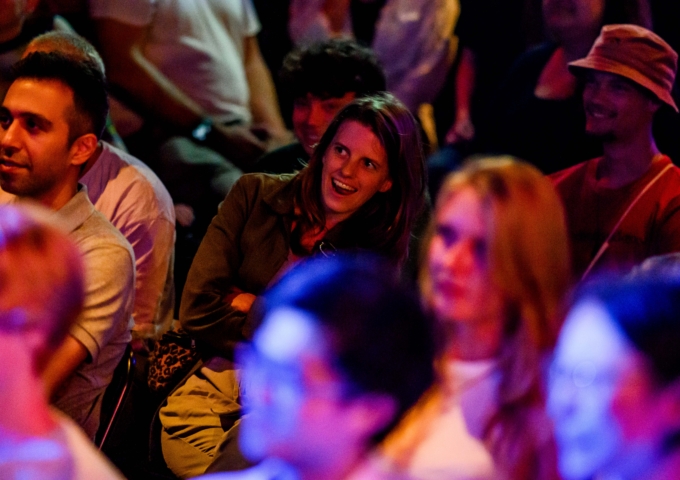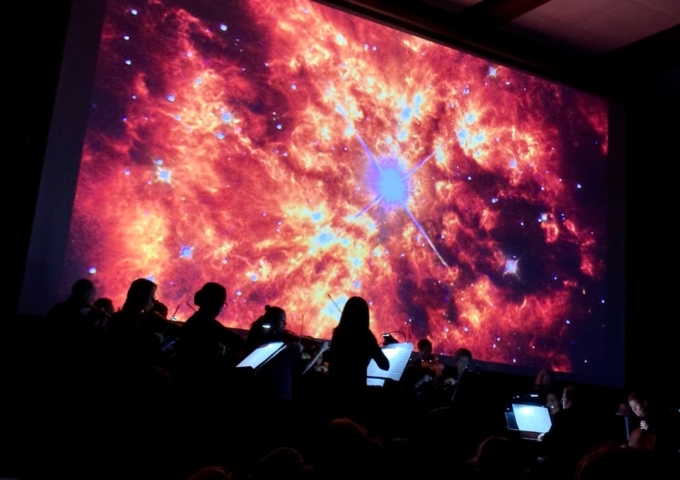
Western Australia is home to quokkas, stromatolites, supercomputers, and Australia’s Square Kilometre Array.
“WA is home to an outstanding community of scientists, researchers, and innovators. National Science Week is a chance to celebrate their work and inspire the next generation,” says Science and Innovation Minister Stephen Dawson. Read his statement kicking off Science Week in WA.
“I encourage everyone to take part in the events on offer and experience firsthand the creativity and impact of science and technology in our everyday lives.”
Below is a selection of highlight events to give you a taste of the science smorgasbord on offer. Alternatively, use the search engine to find more events in Western Australia.
National Quantum & Dark Matter Road Trip: Tuesday 12 August in Kalgoorlie; Wednesday 13 August in Perth
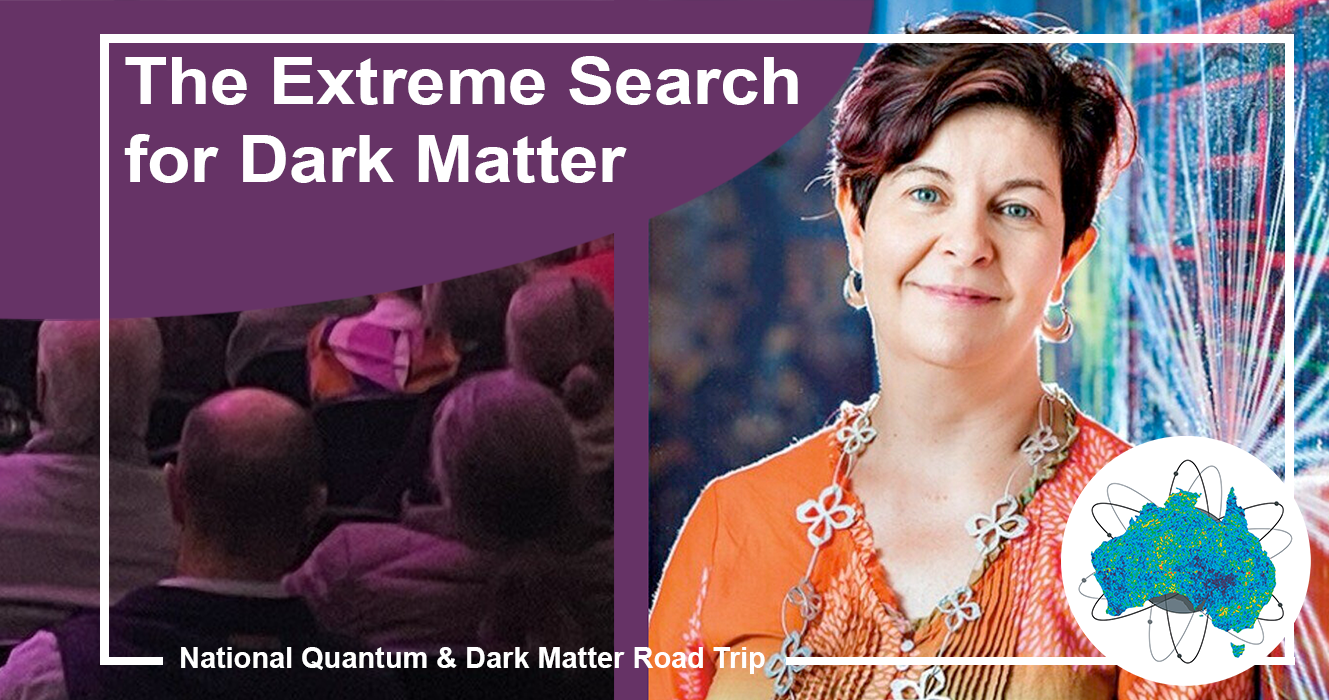 Meet dark matter hunters and quantum experts at events across Australia.
Meet dark matter hunters and quantum experts at events across Australia.
To celebrate Quantum Year, the National Quantum & Dark Matter Road Trip will tour pubs and schools in regional and remote communities in Western Australia, South Australia and New South Wales – and run events in capital cities between 4 August and 17 August.
Communities will also get the chance to trial the Dark Matter Hunter computer game, play with 3D quark puzzles, a muon detector, gravity well, diamond earring-based magnetic field sensor, and quantum computing chips.
Dark matter accounts for 84 per cent of all the matter in the Universe, but we don’t yet know what it is. Australia is a key player in the quest to find out. Quantum technologies are crucial in the hunt for dark matter and they’re already used in smart phones and cars, medical imaging, manufacturing, and navigation. But today’s technologies capture only a small fraction of the potential of quantum physics. Meet the scientists looking for answers.
Blast bacteria with beanbags at Kids STEM Festival: Wednesday 13 and Thursday 14 August in Kalgoorlie
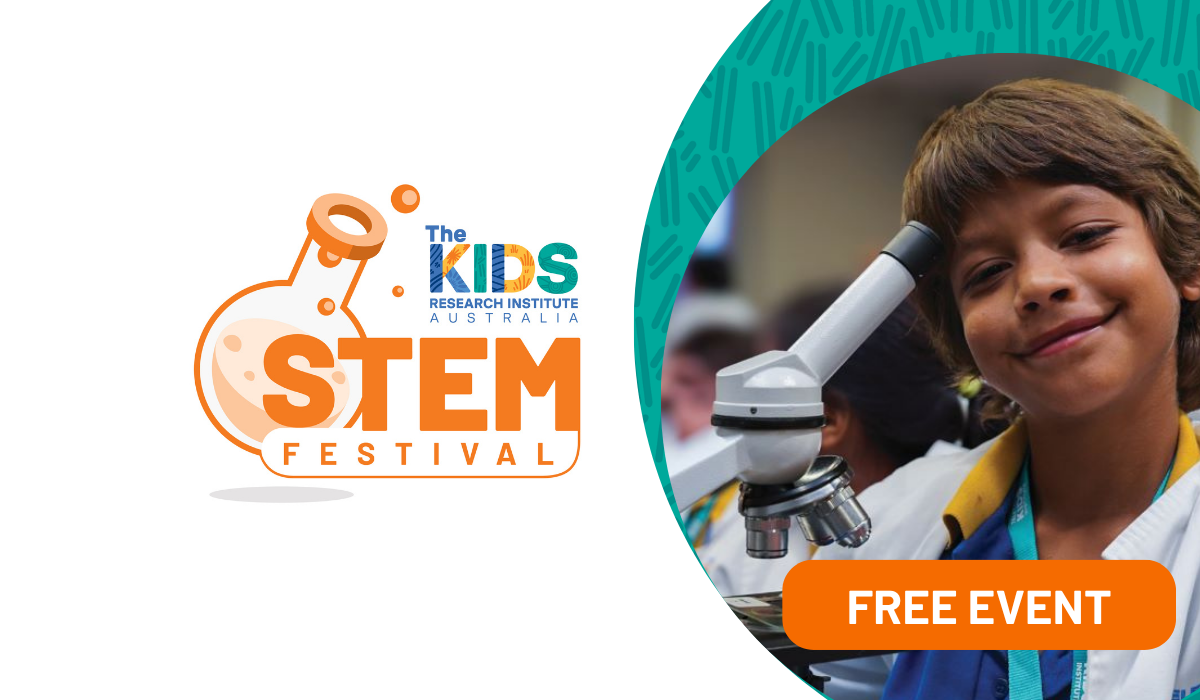 Kids can ‘kill’ bacteria with white blood cell beanbags, explore how sunscreen blocks UV rays and more at Kids STEM Festival Kalgoorlie.
Kids can ‘kill’ bacteria with white blood cell beanbags, explore how sunscreen blocks UV rays and more at Kids STEM Festival Kalgoorlie.
This free, two-day event brings together local scientists and fun activities from Kids Research Institute Australia. It showcases accessible pathways to science and technology careers in the region and invites local schools to join a curriculum-based experiment and showcase results to the community.
East Kimberley School Boat Building Challenge and Family Day: Wednesday 13 August in Wyndham
 What floats your eco-boat? That’s a pivotal question for students competing in a school boat building challenge across WA’s East Kimberley region, thanks to an initiative of Wyndham Youth Aboriginal Corporation. Students can only use recycled items and found materials from the local environment to build – and test – their innovative, eco-friendly vessels at Wyndham’s public swimming pool.
What floats your eco-boat? That’s a pivotal question for students competing in a school boat building challenge across WA’s East Kimberley region, thanks to an initiative of Wyndham Youth Aboriginal Corporation. Students can only use recycled items and found materials from the local environment to build – and test – their innovative, eco-friendly vessels at Wyndham’s public swimming pool.
The East Kimberley School Boat Building Challenge, facilitated by Wyndham District High School and St Joseph’s School, is open to students from East Kimberley, including Wyndham, Balgo, Warnum, Glen Hill and Kalumburu. Indigenous Elders, rangers and locals with boating/fishing experience will assist students and share knowledge that weaves science, Country and culture together.
Space Music Presented by Australian Baroque – Saturday 16 August in Perth
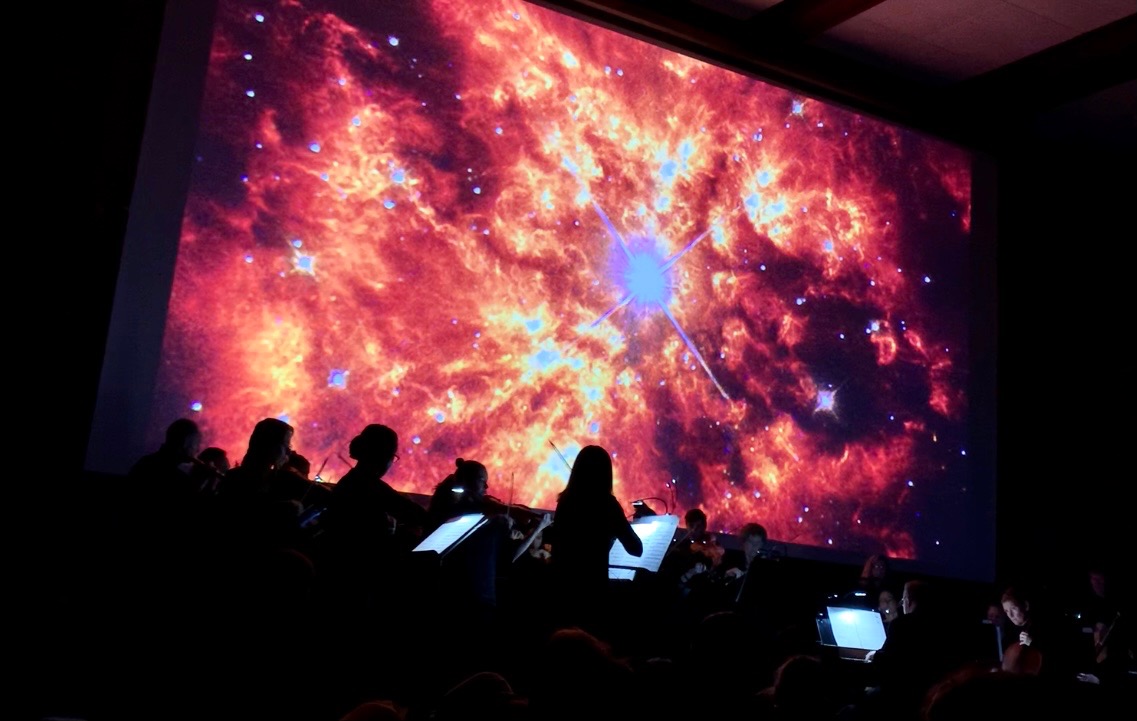 Dr Antony Brian – an astrophysicist, planetary geologist and Venusian volcanologist (who mapped the surface of Venus for NASA) – is on a mission to launch Baroque concertgoers into deep space.
Dr Antony Brian – an astrophysicist, planetary geologist and Venusian volcanologist (who mapped the surface of Venus for NASA) – is on a mission to launch Baroque concertgoers into deep space.
In ‘Space Music’, he joins forces with Perth-based orchestra Australian Baroque providing accompaniment in the form of striking NASA images.
The multi-sensory experience takes place at Koorliny Arts Centre in Kwinana.
The Ammonites ROCK – female fossil rockers on tour: Saturday 16 August in Perth; Sunday 17 August in Geraldton
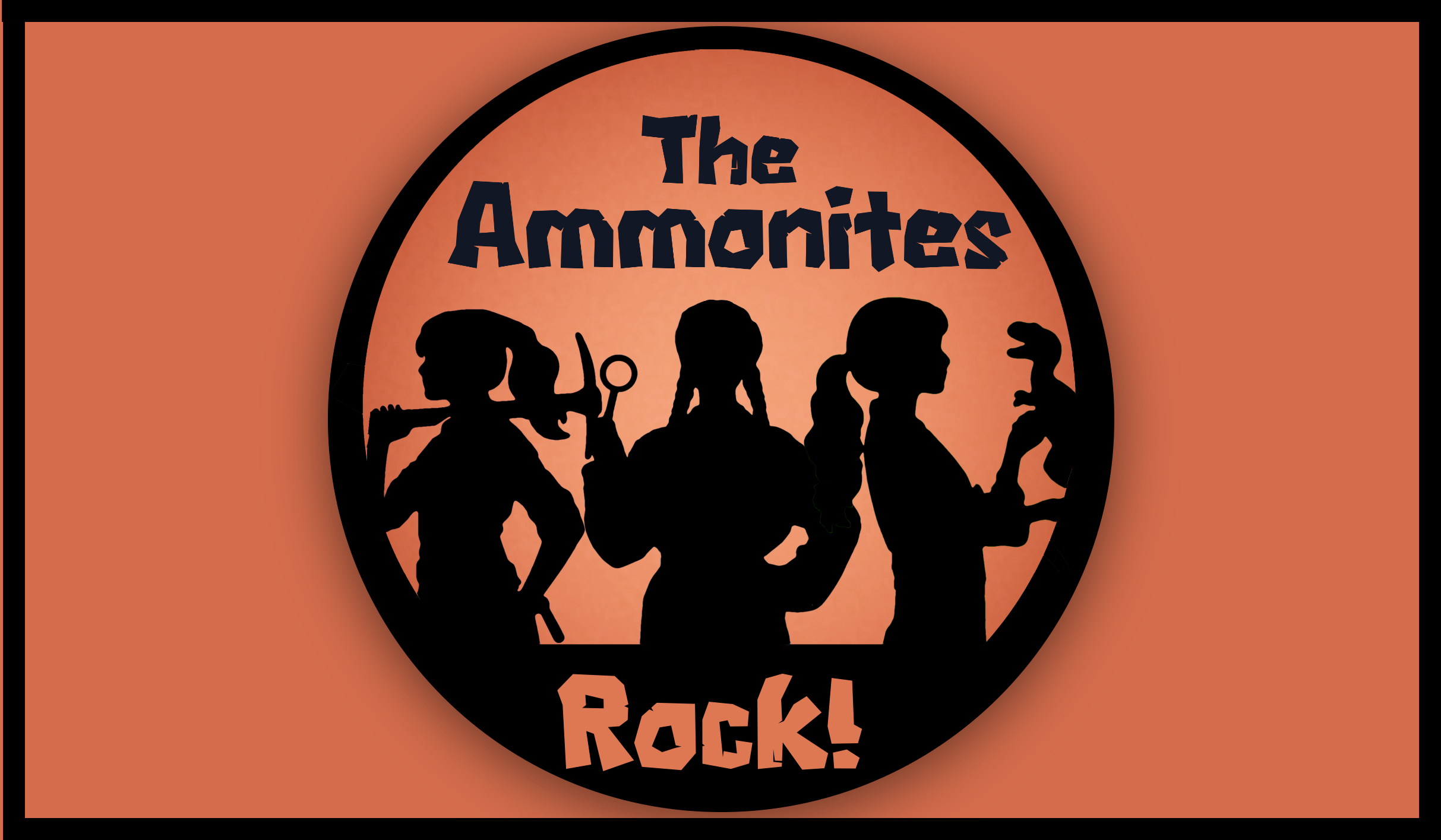 Aussie girl-geek band The Ammonites is taking a palaeo-musical show across South Australia, Western Australia and the Northern Territory.
Aussie girl-geek band The Ammonites is taking a palaeo-musical show across South Australia, Western Australia and the Northern Territory.
The trio – Danni, Morgan and Blair, who graduated from Dinosaur University – are the alter-egos of performers Bridget Tran, Kate Neville and Montana Vincent. With the help of renowned singing palaeontologist Professor Flint, their show explores Australia’s prehistoric past, while shining a light on challenges facing women in science and inspiring girls to follow their lead and dream big!
Professor Flint will also bring a ‘show and tell’ table of Australian fossils on tour. Plus, audiences will get the chance to dive into a 580-million-year-old inland sea, thanks to the University of South Australia’s 360 VR reconstruction of the ancient Ediacaran seafloor.
Crochet and cocktails: Friday 15 August in Perth (Joondalup)
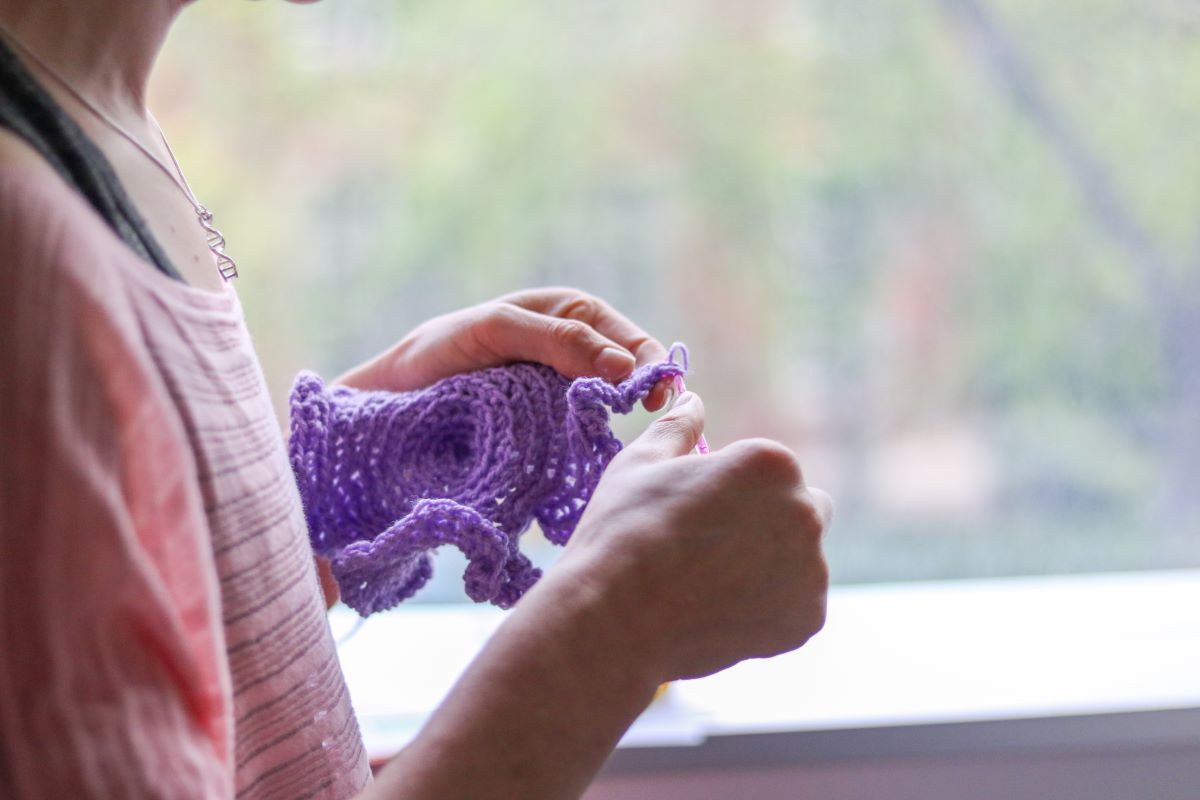 Create your own hyperbolic geometry shape with yarn at Birra Bar at Edith Cowan University and learn the pattern from ECU mathematician Dr Julia Collins, while sipping on a specialty cocktail.
Create your own hyperbolic geometry shape with yarn at Birra Bar at Edith Cowan University and learn the pattern from ECU mathematician Dr Julia Collins, while sipping on a specialty cocktail.
Julia is co-founder of Maths Craft Australia and has a PhD in 4-dimensional knot theory from the University of Edinburgh. She shares the maths that underpins crochet in a workshop-cocktail party.
You will need to have mastered the basic crochet stitch to take part in this workshop. It is not for absolute beginners, and you can BYO yarn and hooks if you like.
Grow 4 Launch! Workshops: grow, test & imagine the future of food in space! Thursday 21 and Friday 22 August in Perth
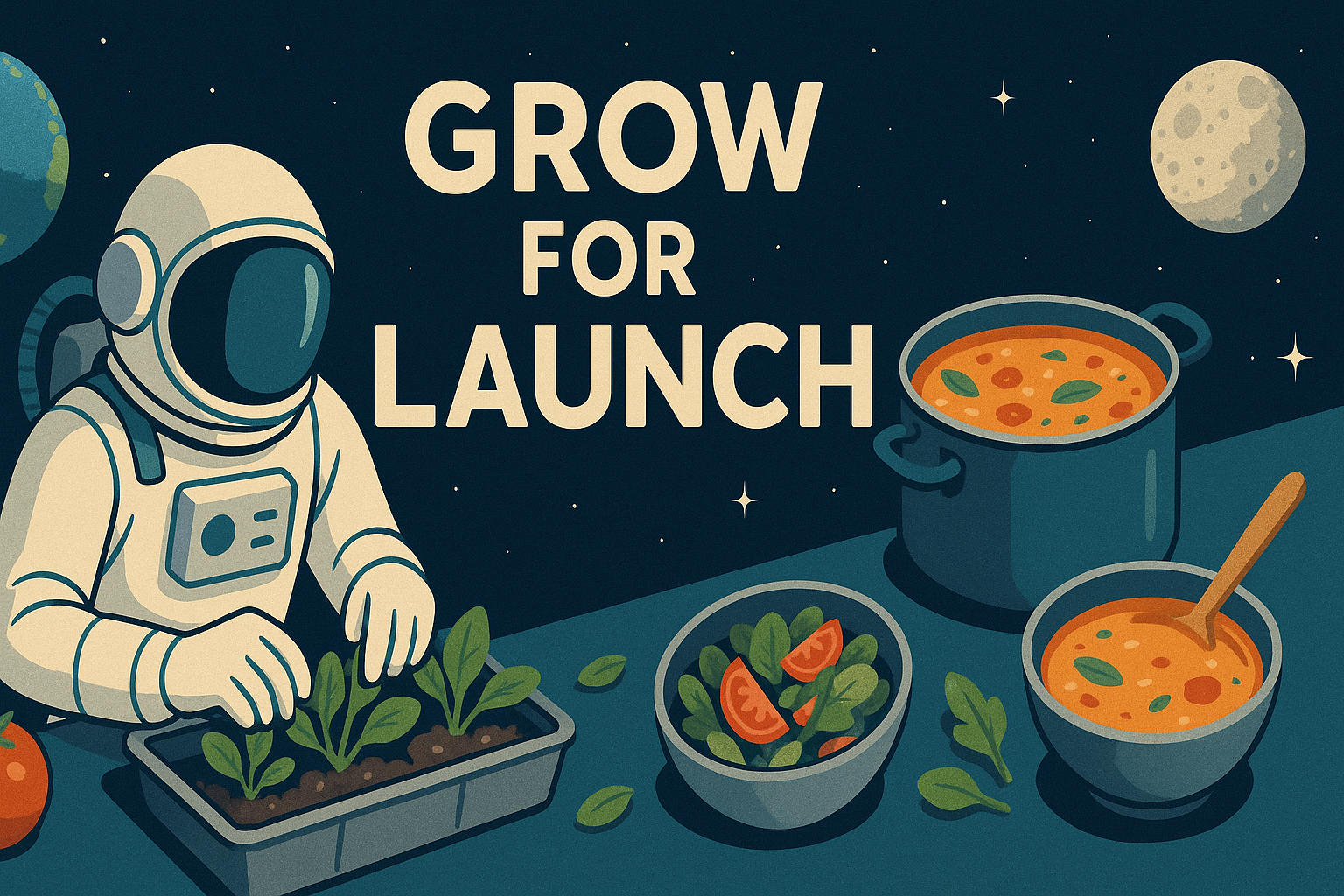 It’s Day 530 on the moon base and you’re eating packaged slop again… until a delivery of nutrient-enhanced microgreens arrives from Earth. Your mission is to sustainably grow and harvest edible plants in an extreme environment. But first you need to learn the basics of plant biology, food chemistry and farming approaches that minimise water, energy and resource use.
It’s Day 530 on the moon base and you’re eating packaged slop again… until a delivery of nutrient-enhanced microgreens arrives from Earth. Your mission is to sustainably grow and harvest edible plants in an extreme environment. But first you need to learn the basics of plant biology, food chemistry and farming approaches that minimise water, energy and resource use.
The ARC Centre of Excellence in Plants for Space, including researchers from the University of Western Australia, is supersizing its mission to develop out-of-this-world future foods by enlisting public participation in ‘Grow 4 Launch’ experiments.
Participants will receive a microgreens kit complete with seeds, hydroponics gear and test tools, alongside guidance on how to alter plant sensory traits (colour, taste, smell and texture) and investigate conditions that help sustainable growth.
The project also invites participants to submit recipes, results and ideas for a Spacefood Cookbook which will also feature contributions from astronauts, nutritionists and chefs.




